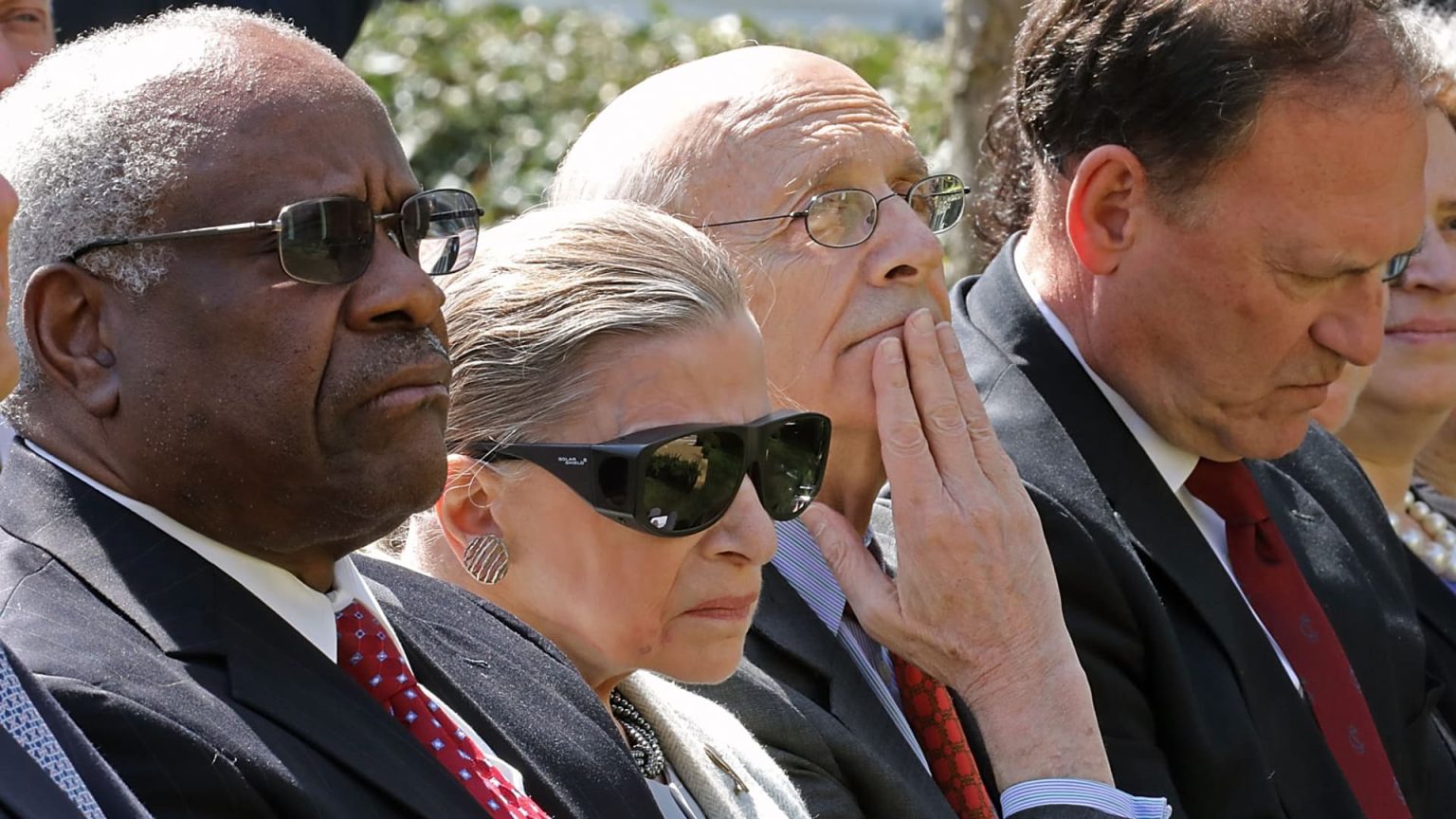Supreme Court Justice Clarence Thomas has received over $2.4 million in gifts since 2004, which is almost ten times the value of gifts received by his fellow justices during the same time period. Most of these gifts were in the form of free trips and lodging from billionaire businessman Harlan Crow and the exclusive Bohemian Grove club. Additionally, there were 101 “likely gifts” worth nearly $1.8 million that were not disclosed on Thomas’ financial disclosures, bringing his total tally to nearly $4.2 million. The analysis of these gifts was based on investigative reporting, the justices’ financial disclosures, news sources, and independent research.
Comparatively, Thomas’ fellow conservative justice Samuel Alito accepted 16 gifts worth $170,095 over the same period, making up the majority of gifts received by other justices. The late Justice Sandra Day O’Connor, who served on the court for over 34 years, received 73 gifts totaling less than $36,000 during her time. Justice Antonin Scalia accepted 67 gifts worth about $210,000, while Chief Justice William Rehnquist only accepted six gifts with a total value of less than $13,000. These numbers highlight the discrepancy in the value and number of gifts received by Thomas compared to other justices past and present.
Critics have called into question the ethics of Supreme Court justices accepting gifts, especially those of high value that could potentially influence their decision-making. The group Fix the Court, which conducted the analysis of Thomas’ gifts, emphasized the need for stricter gift acceptance rules at the Supreme Court to address the ongoing ethics crisis. The analysis took into consideration various factors such as the cost of travel and tickets to events, but noted that the total values calculated may still be lower than the actual amounts due to conservative estimates.
The revelations about Thomas’ extensive gift receiving have contributed to calls for reform at the Supreme Court, which has faced criticism over politically charged rulings and allegations of ethical misconduct. Chief Justice John Roberts has made some concessions, such as adopting a formal code of ethics in November, but critics argue that more needs to be done to ensure transparency and accountability among the justices. The federal judiciary also recently implemented new rules requiring Supreme Court justices to disclose the value of travel-related gifts on their financial disclosure forms, in an effort to address concerns about potential conflicts of interest.
Overall, the analysis of Supreme Court Justice Clarence Thomas’ gifts sheds light on the issue of ethics and transparency within the highest court in the land. The significant value and number of gifts received by Thomas compared to his colleagues raise important questions about the potential influences on judicial decision-making and the need for stricter regulations regarding gift acceptance. As calls for reform and increased accountability continue to grow, it remains to be seen how the Supreme Court and its justices will respond to these concerns in the future.


